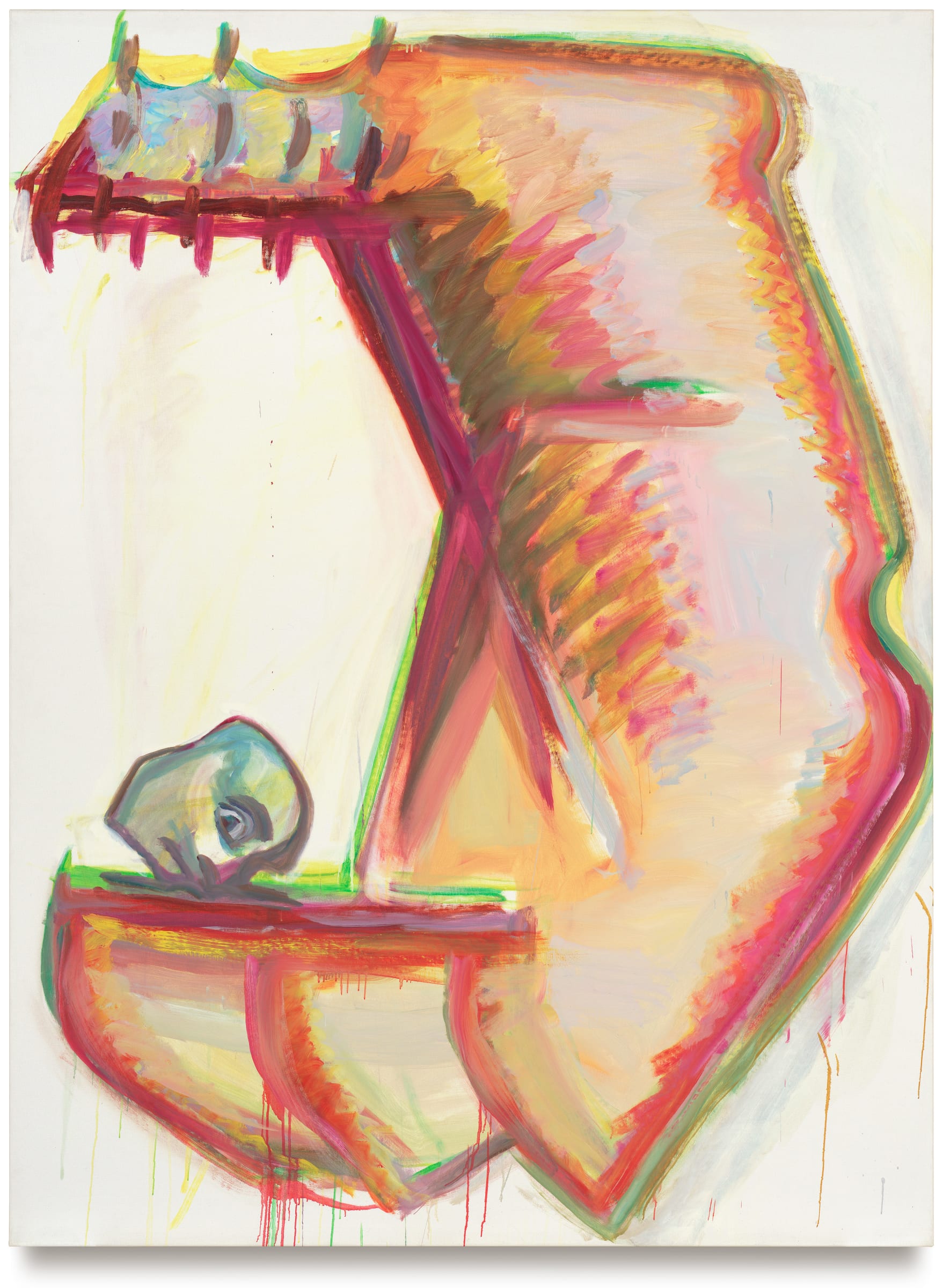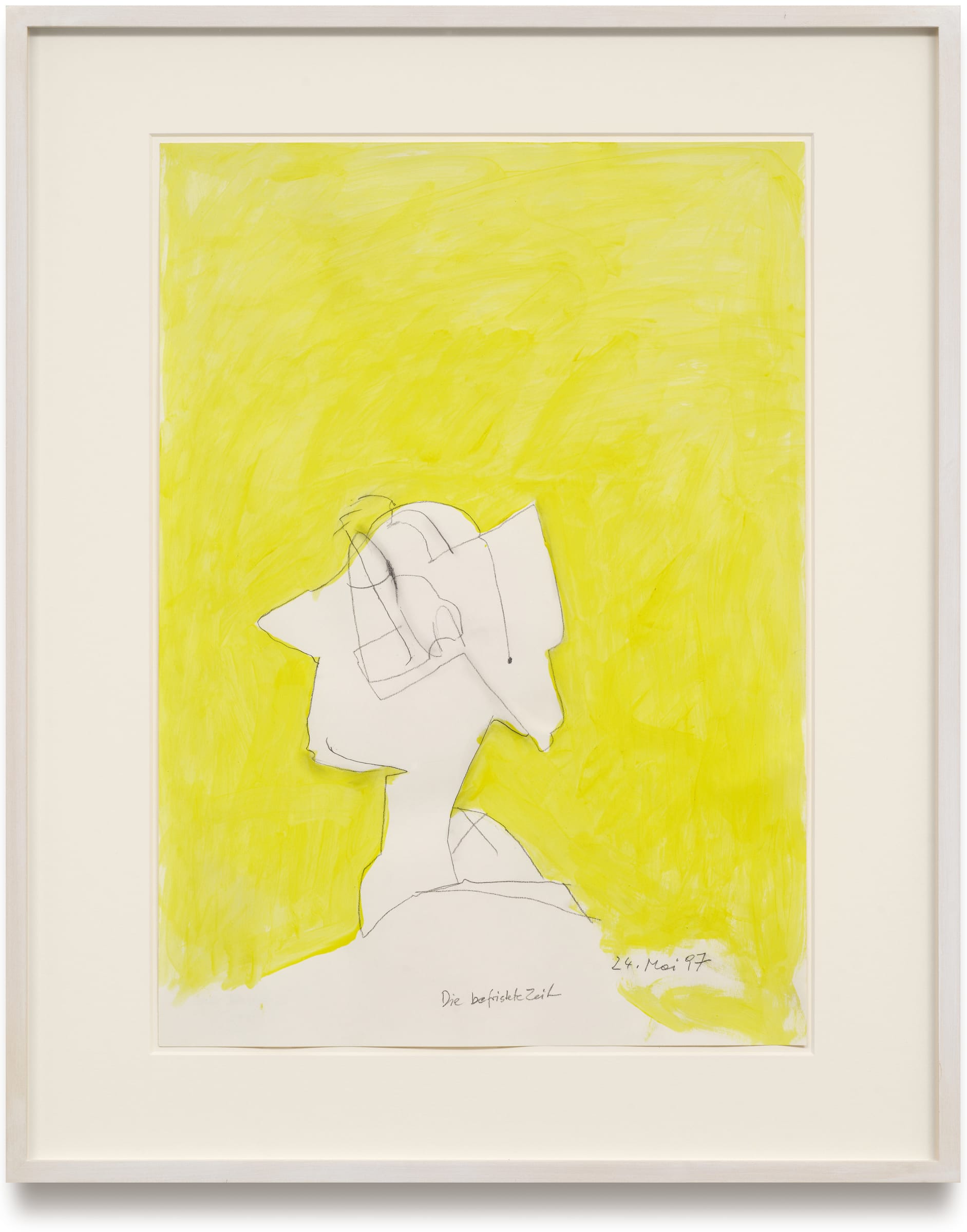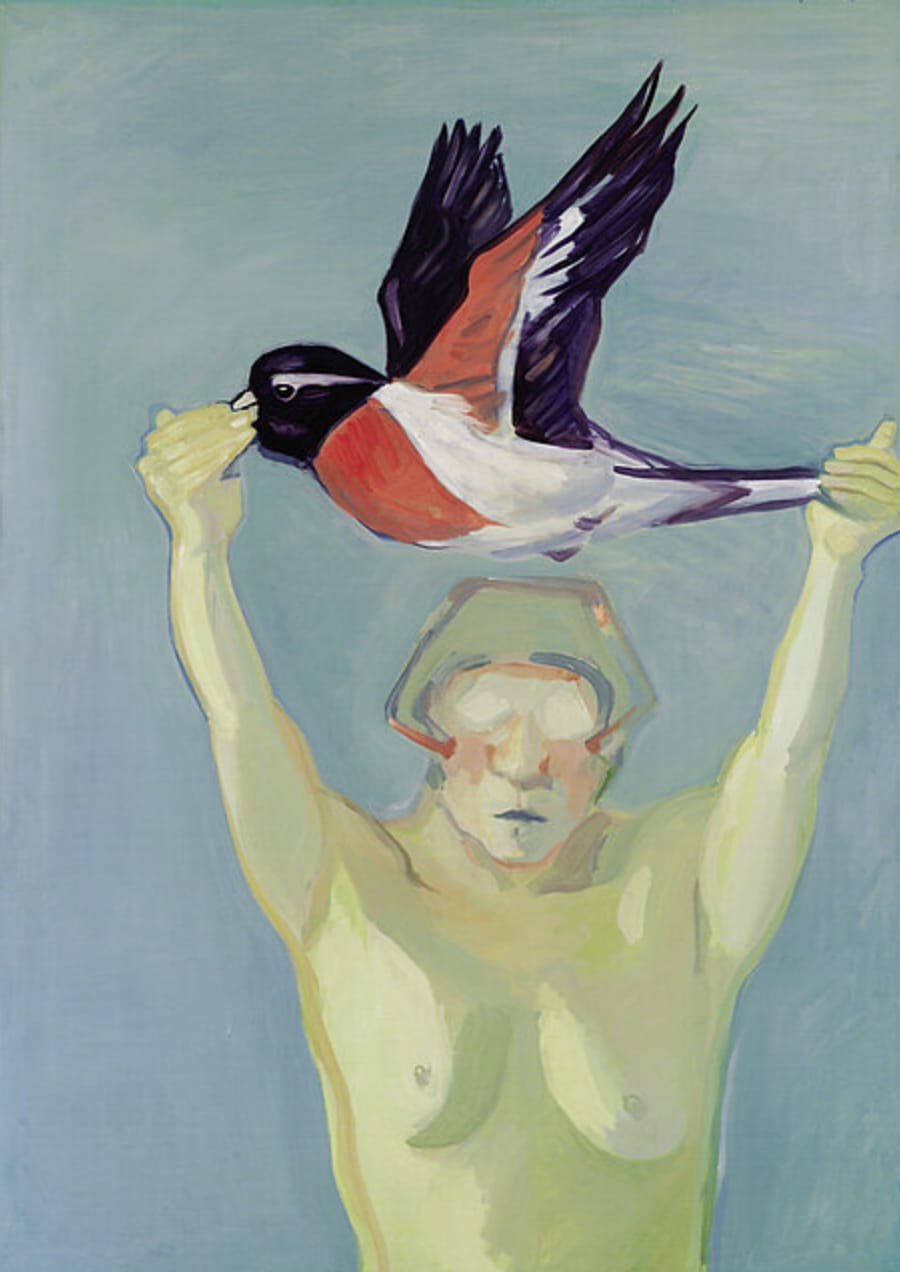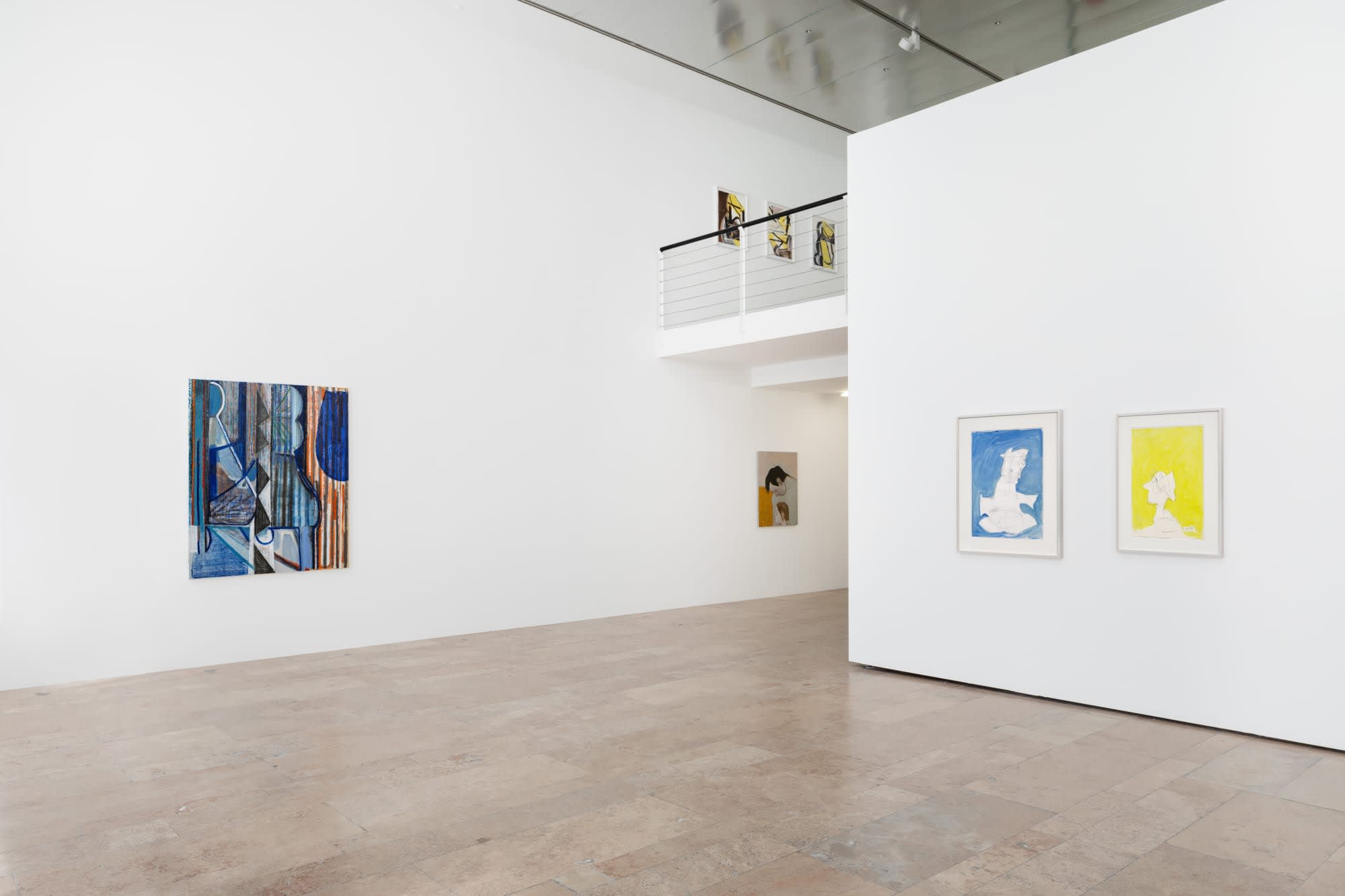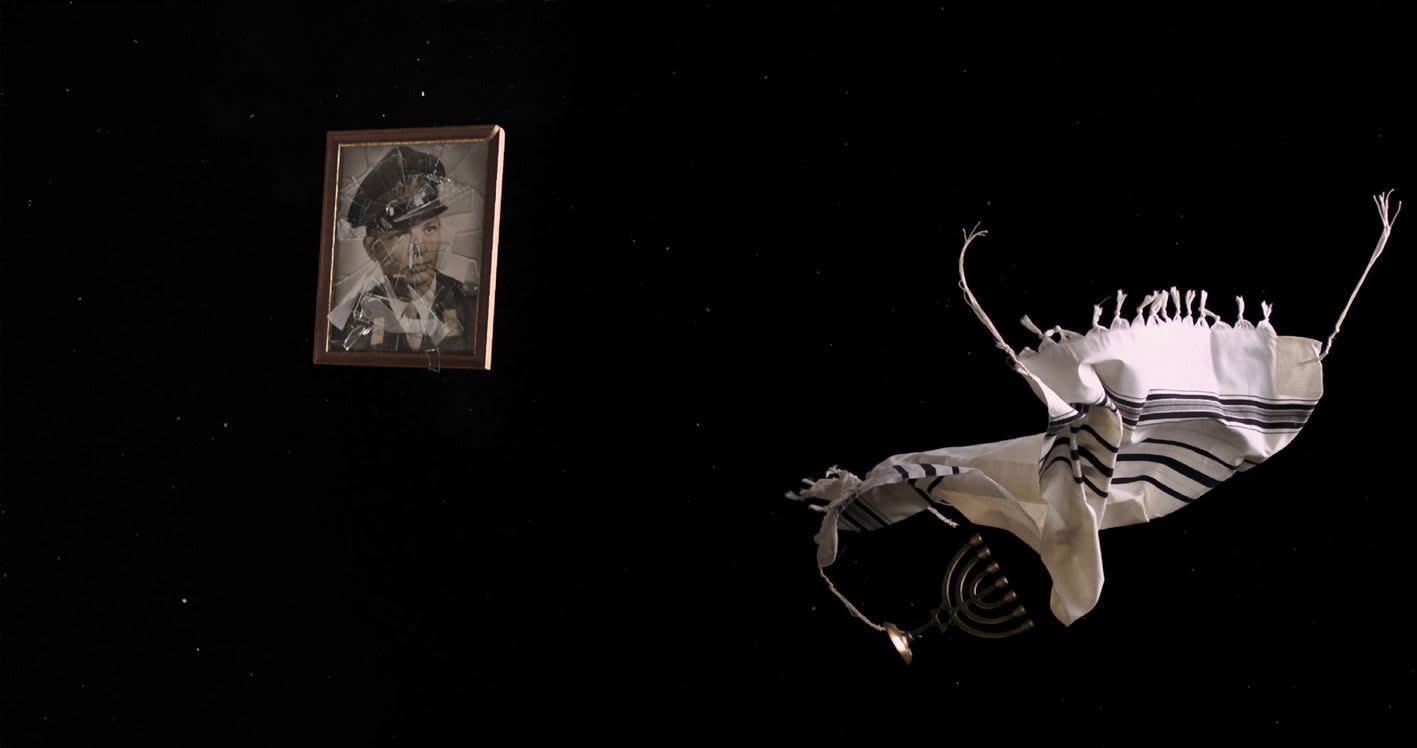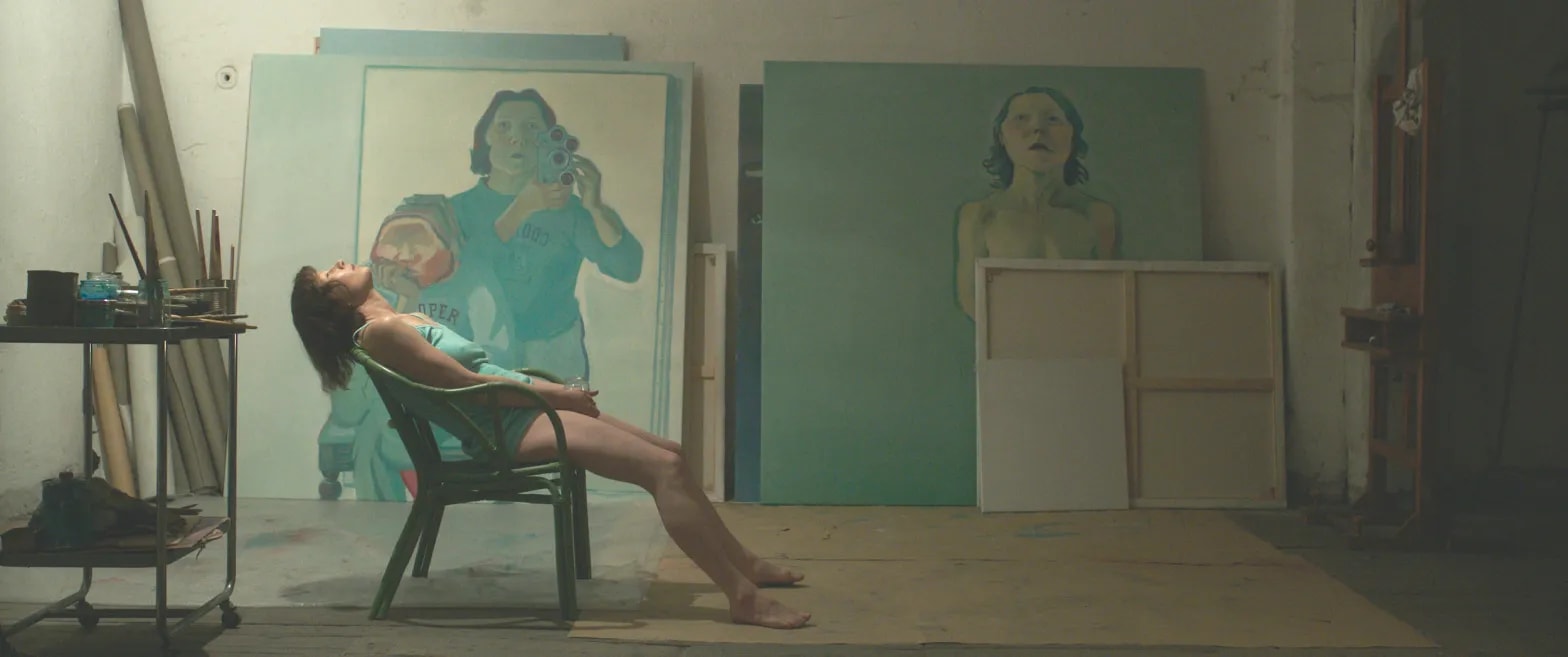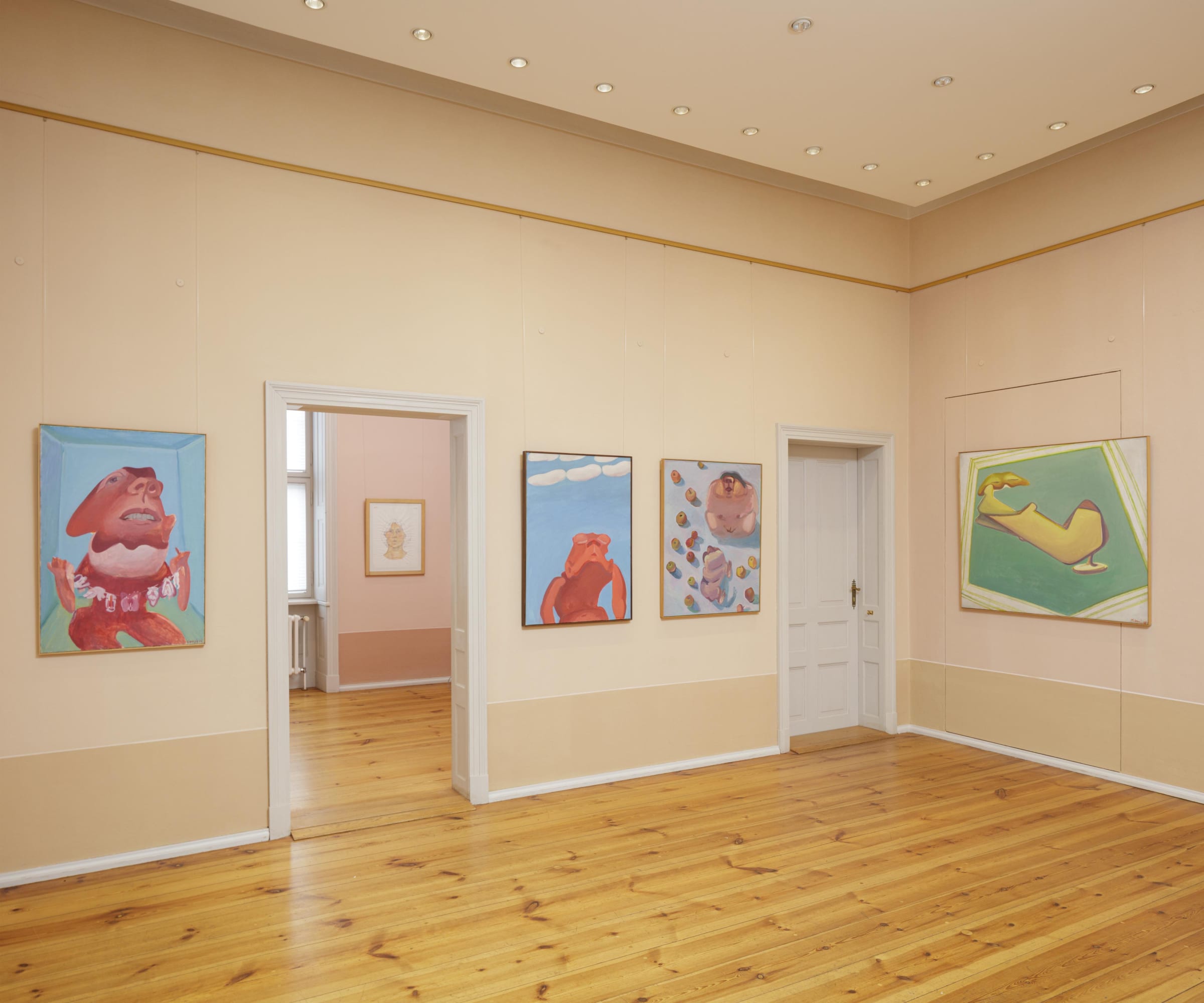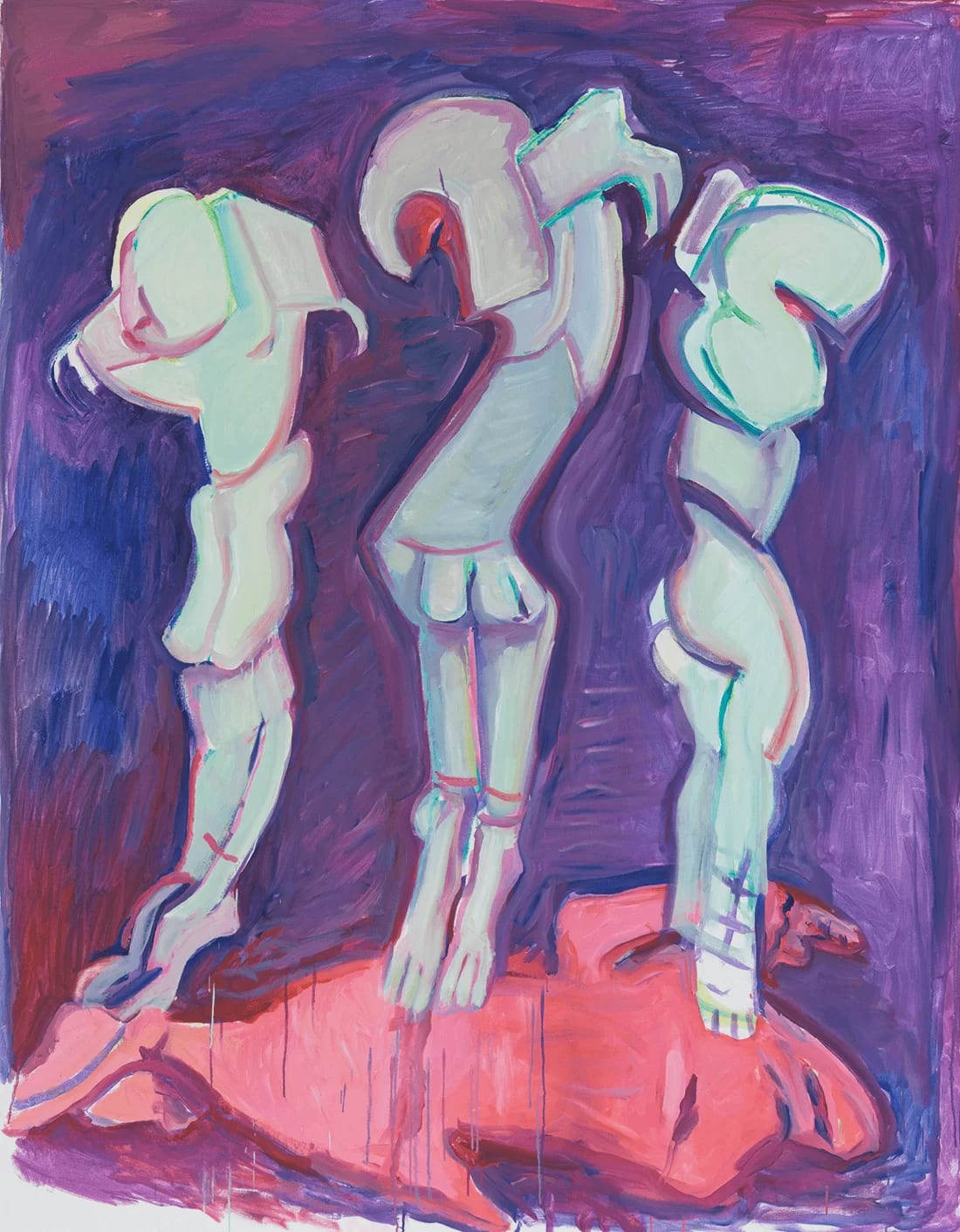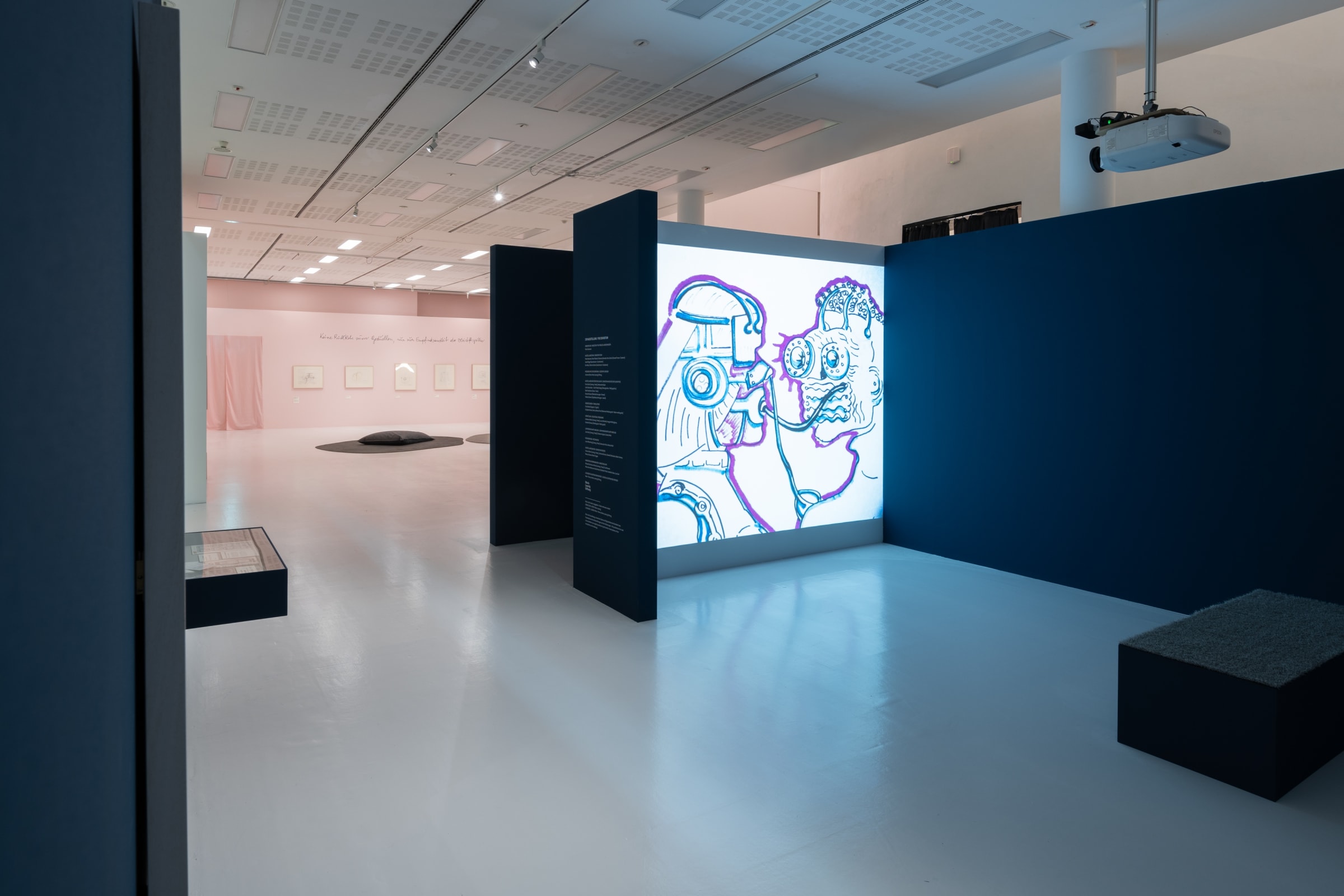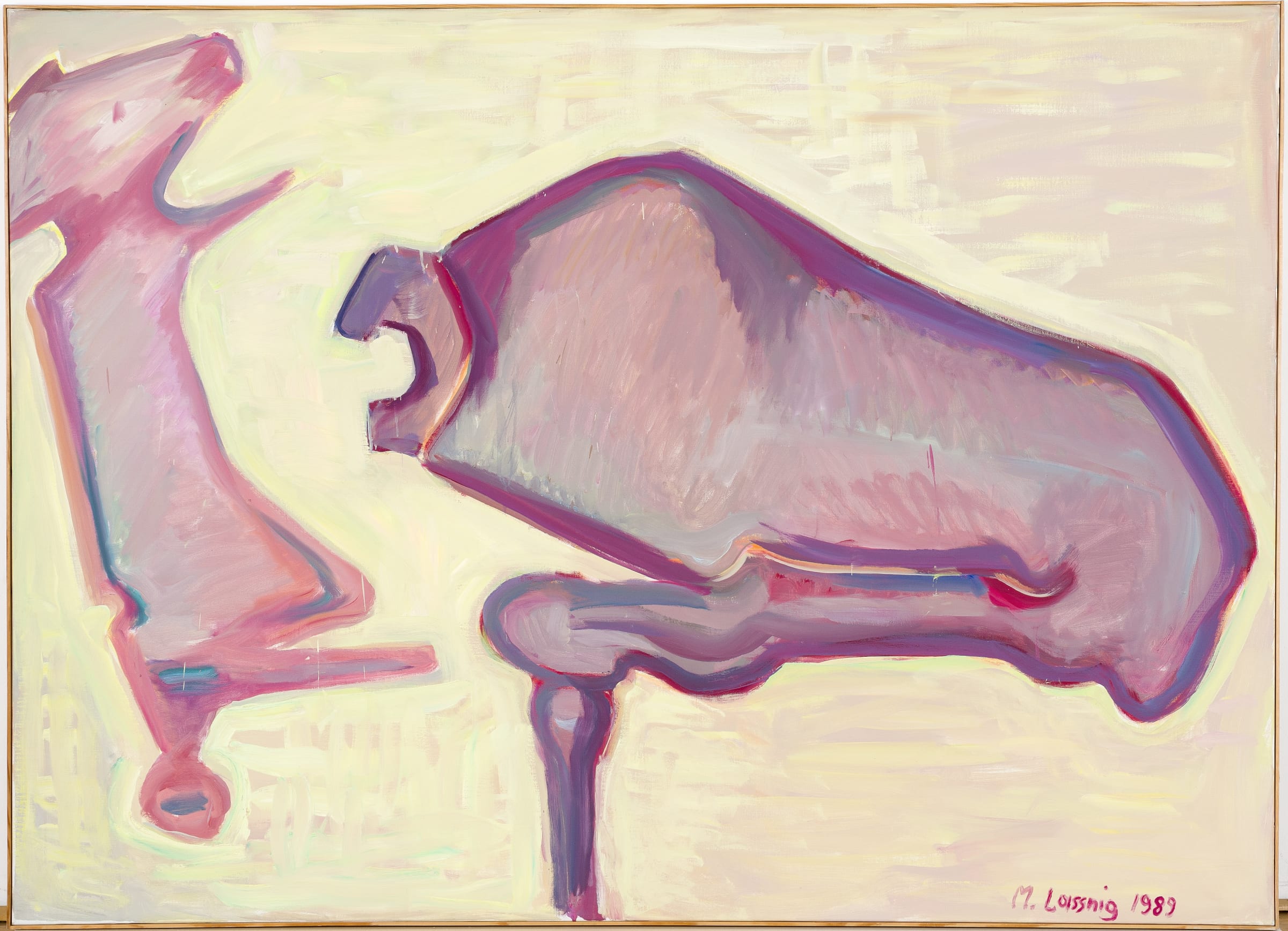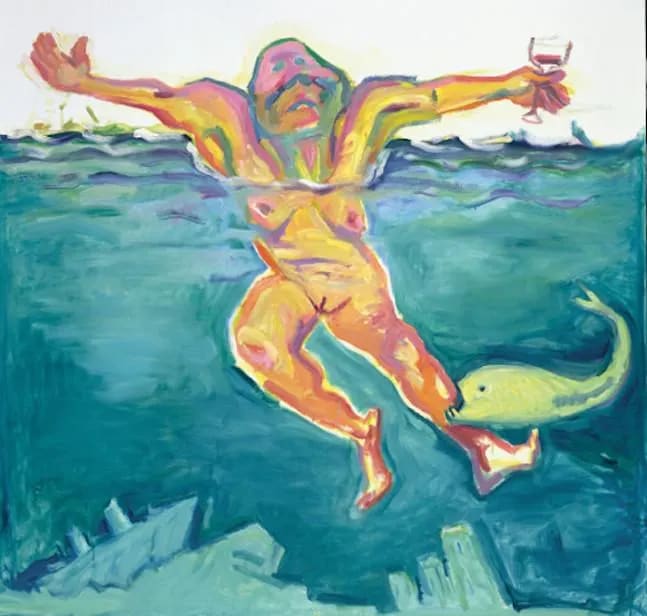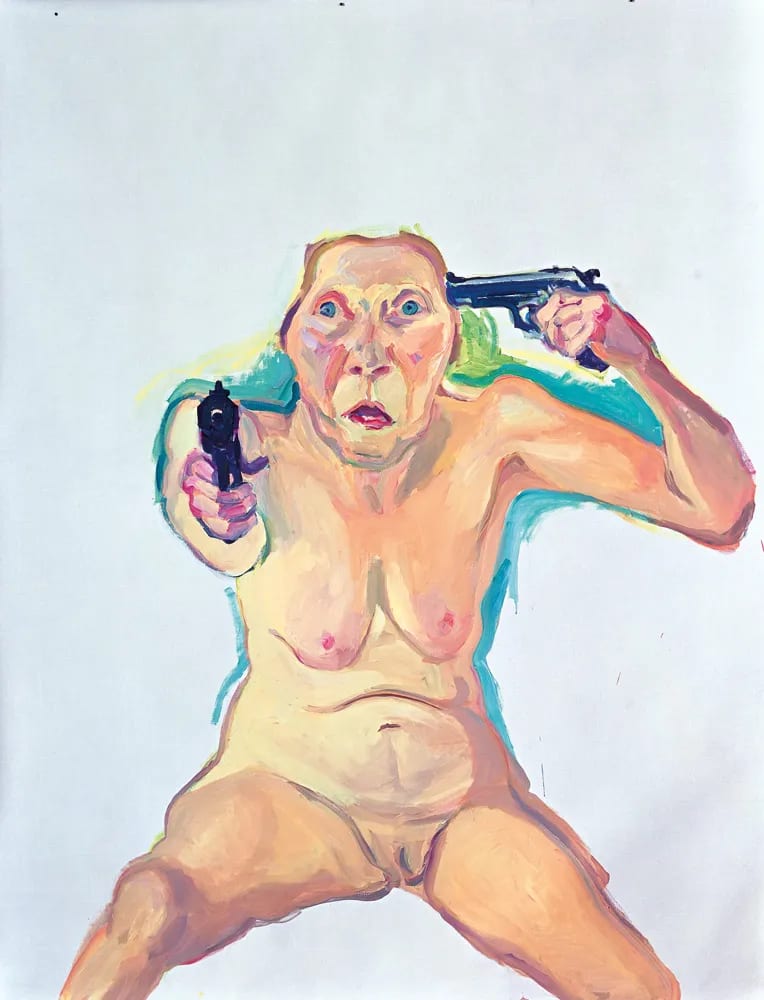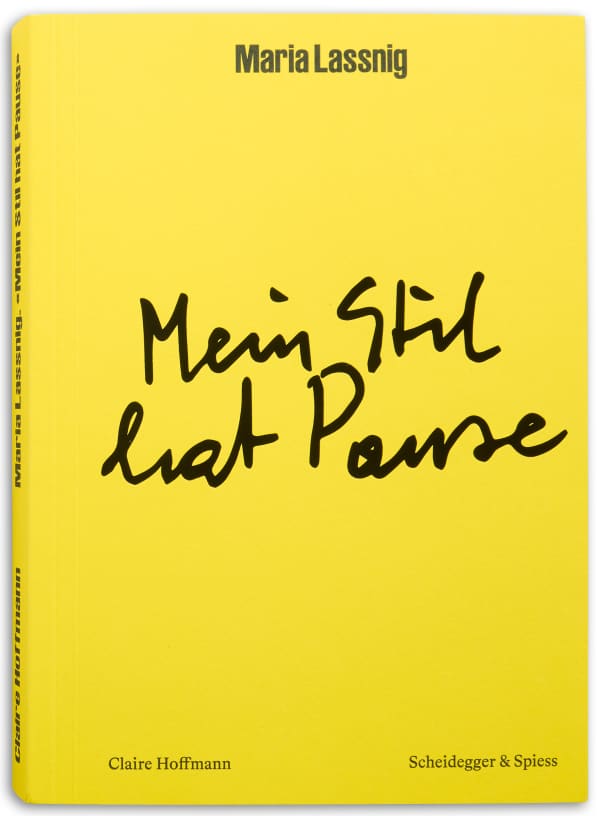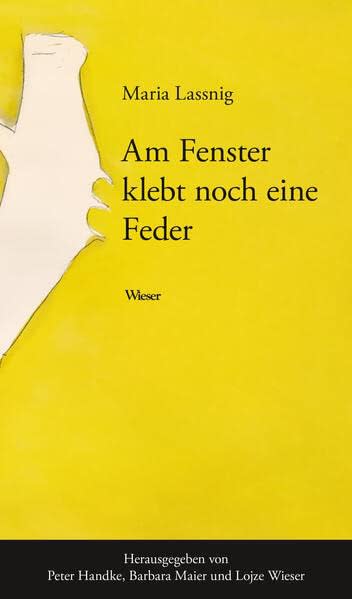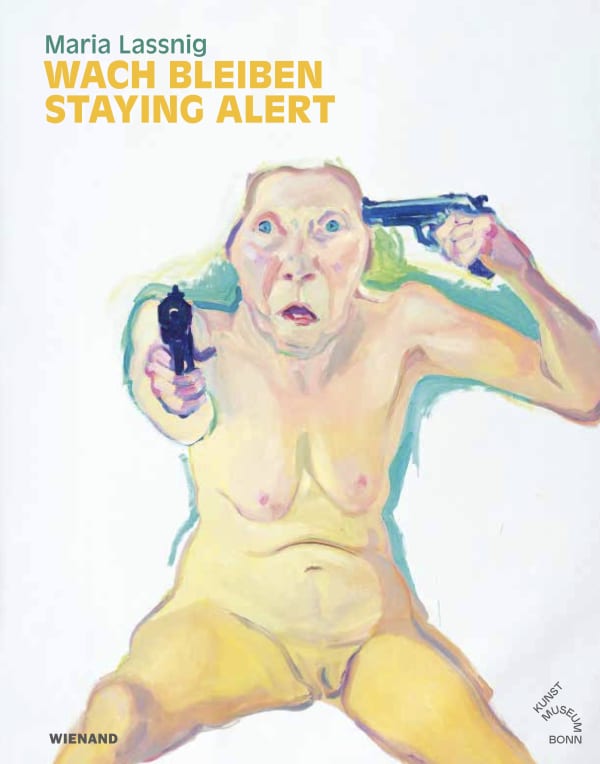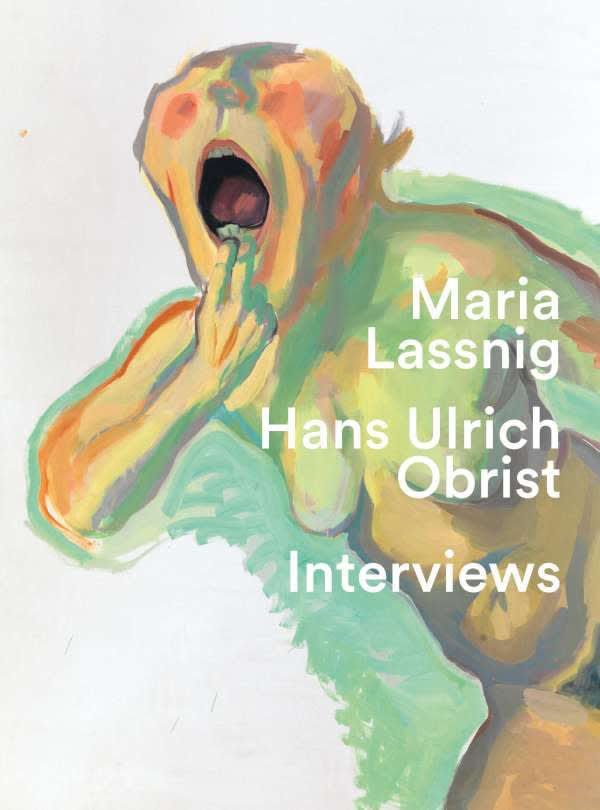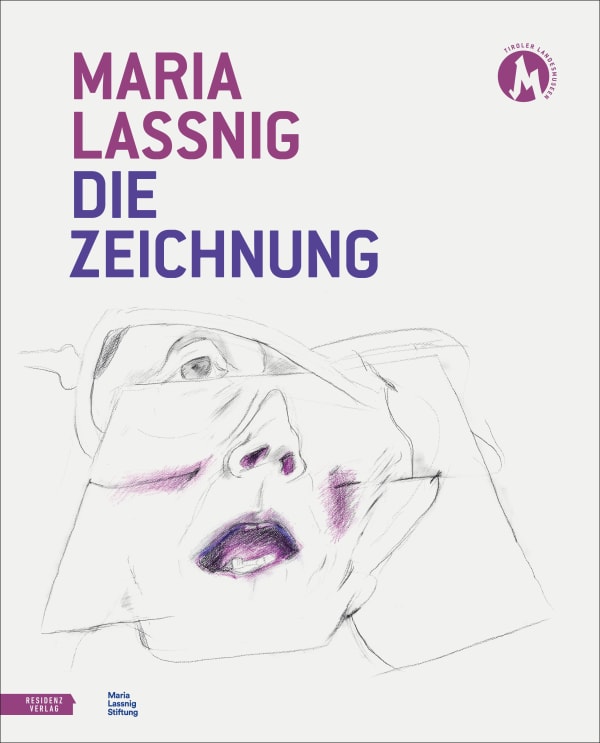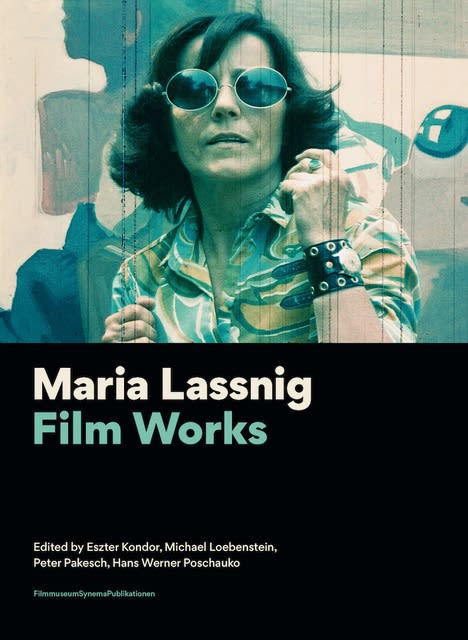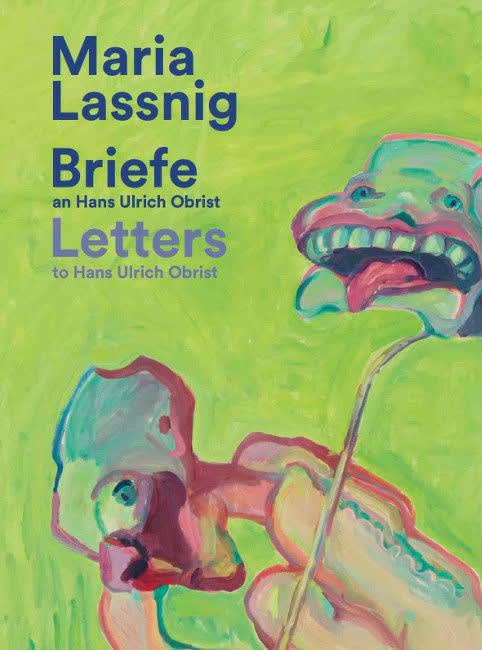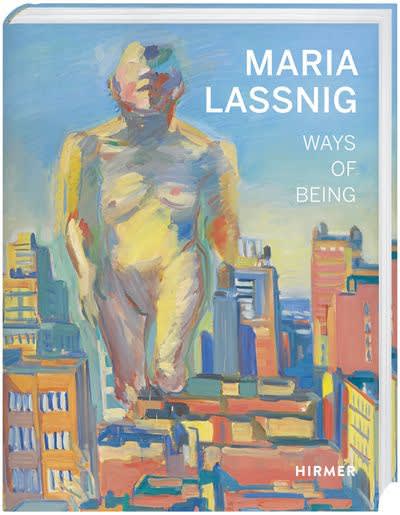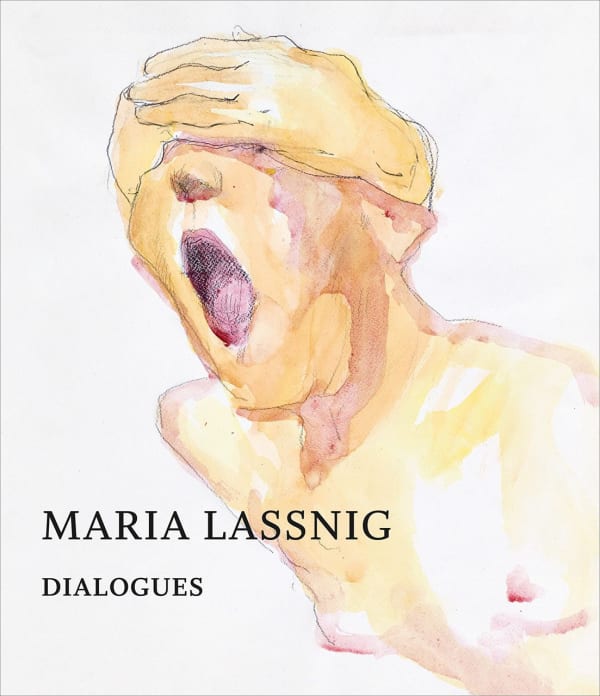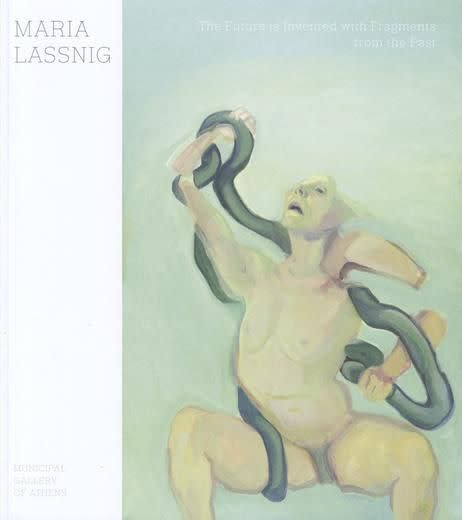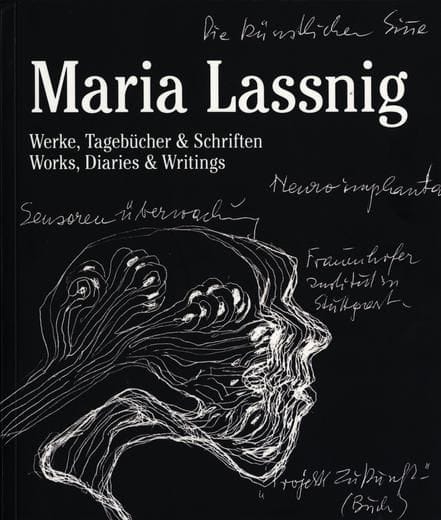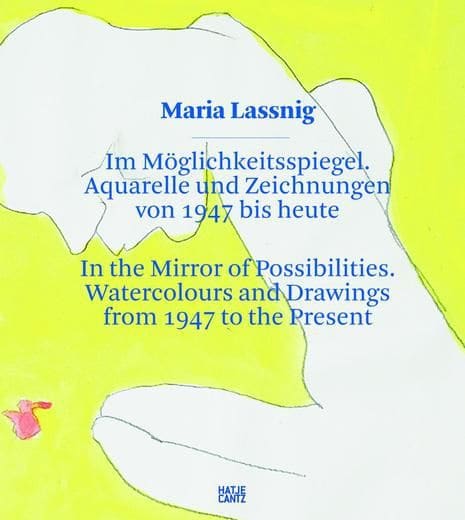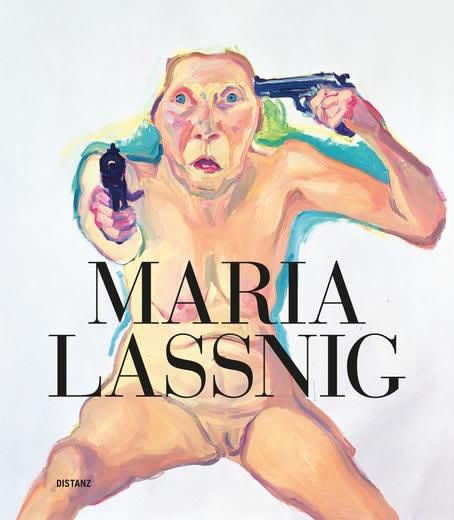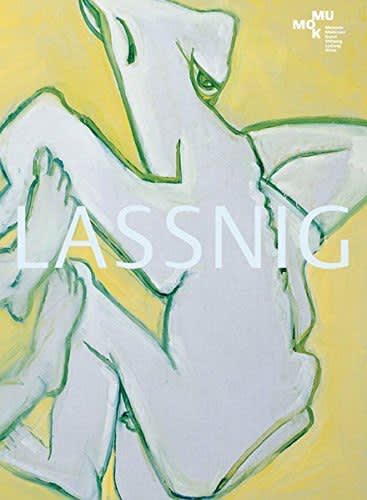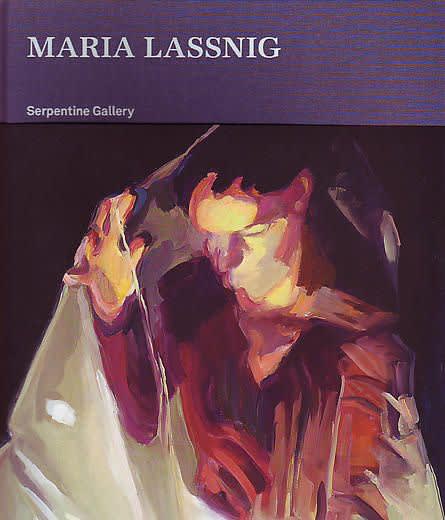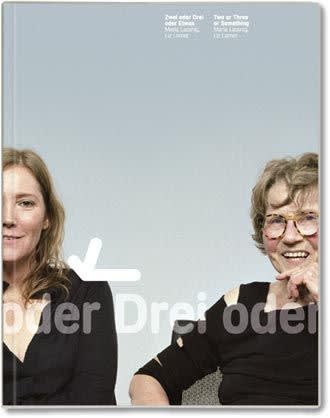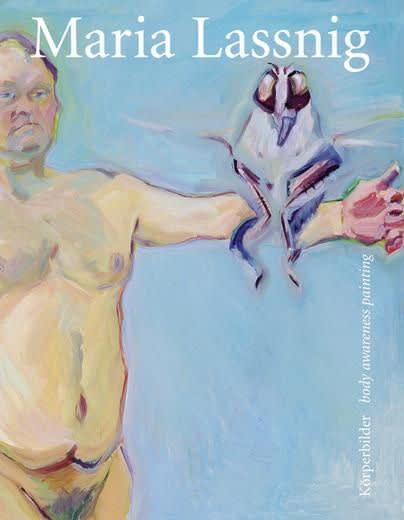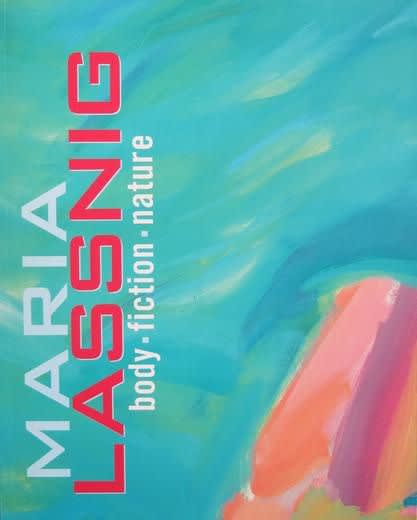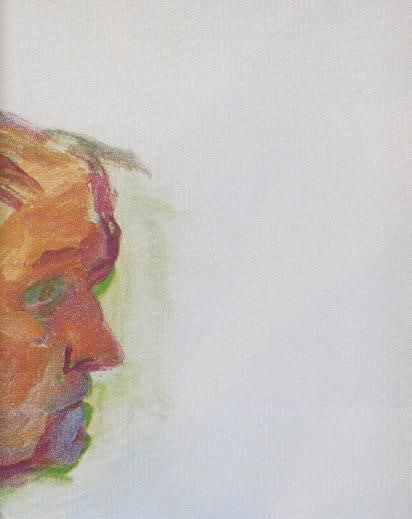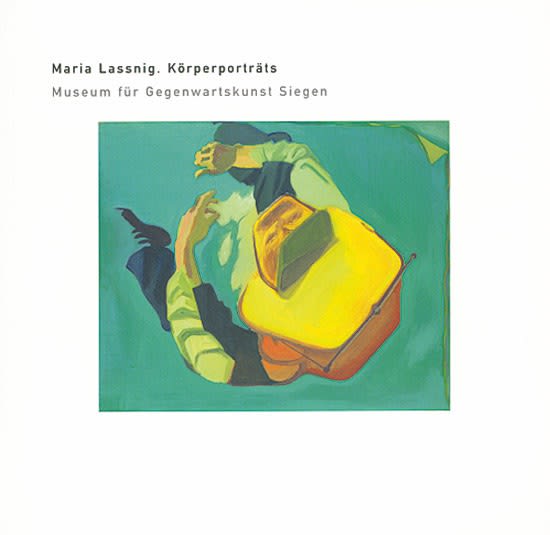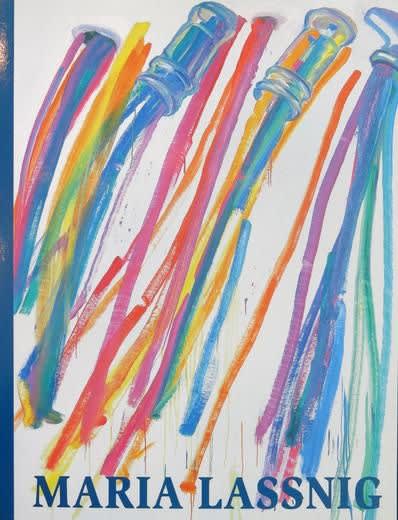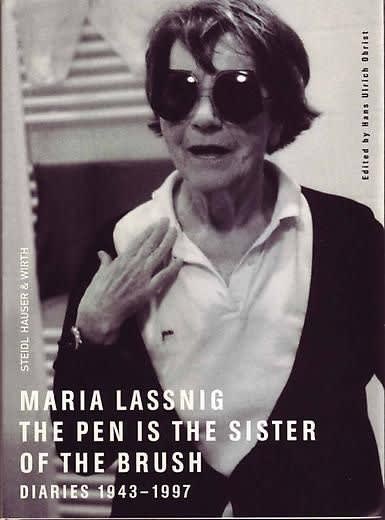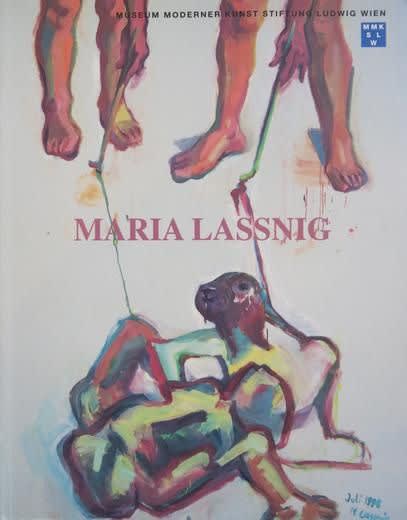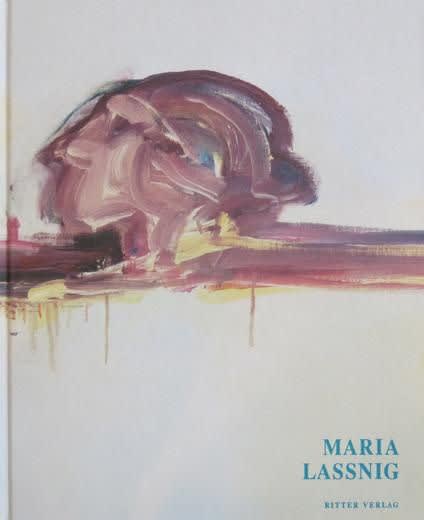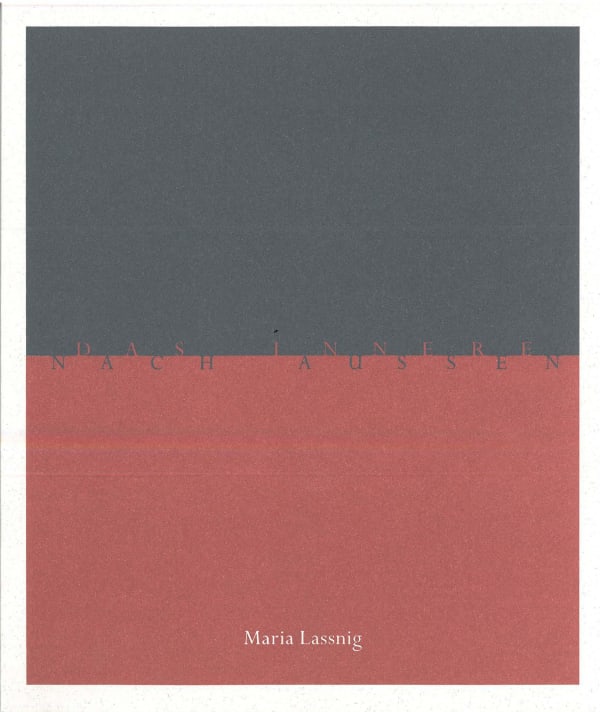Maria Lassnig
-
Biography
Born 1919 in Carinthia, Austria
Died 2014 in Vienna, Austria
Maria Lassnig is internationally regarded as one of the leading painters of our times. She coined and developed the notion of Körpergefühlsmalerei (body awareness painting) through her practice of visually expressing the subjective feeling of the physical body. Lassnig relied solely on inner sensations for her work, saying: “the only true reality is my feelings, played out within the confines of my body”. There is a palpable tension between the inner world and external representation in her distorted, expressive self-portraits. The artist depicted herself as she felt, resulting in inventive contortions and exaggerations, painted expressively in extraordinary colors.
Although she began her career painting abstract works, she was over time influenced by international movements such as surrealism and cubism, and eventually refined her signature self-representational style — which despite being constantly reinvented, stayed loyal to the theme of translating bodily sensation into a visual language. Through this leitmotif her works touch on many other existential questions such as death, political conflicts, technological progress and family.
Lassnig’s work was revolutionary also in the broader political context of the mid-late 20th century, and she is considered a pioneer of female emancipation in a male-dominated art world. She was the first female professor of painting in the German-speaking world, at the University of Applied Arts in Vienna. She also founded the feminist avant-garde group Women/Artist/Filmmakers, Inc. with other female artists working in film, as she also experimented with (animated) film throughout her career. Across media, Lassnig’s work is irreverently honest and revealing, and so visionary that she has greatly influenced subsequent generations of artists.
Lassnig has been the subject of countless retrospectives and exhibitions at major institutions, including the Cankarjev dom, Ljubljana (2024); UCCA, Beijing; (2023), Kunstmuseum Bonn (2022), Albertina, Vienna (2019); Lenbachhaus, Munich (2019); Stedelijk Museum, Amsterdam (2019); Kunstmuseum Basel (2018); Tate Liverpool (2016); MoMA PS1, New York (2014); Deichtorhallen, Hamburg (2013); Museum Dhondt-Dhaenens, Deurle (2013); Museum Ludwig, Cologne (2009); Städelmuseum, Frankfurt am Main (2004), among many others. Lassnig represented Austria at the 39th Venice Biennale in 1980.
Her life’s work has won her many accolades, including the Grand Austrian State Prize, the City of Zurich Roswitha Haftmann Prize, the Rubens Prize of the Town of Siegen, Germany, the City of Frankfurt Max Beckmann Prize, and the 55th Venice Biennale Golden Lions for Lifetime Achievement.
-
-
Maria Lassnig is internationally regarded as one of the leading painters of the 20th century. She coined and developed the notion of ’Körpergefühlsmalerei‘ (body awareness painting) through her practice of visually expressing the subjective feeling of the physical body.
Scaffold of the Elites / The Elite Is Always in Danger stands out as one of her more abstract works, addressing themes of power and vulnerability. The artist brought a figure onto the canvas, simultaneously a torso and a gigantic mouth. The contours of the body evoke a mechanism that is under tension and could snap at any moment, depicting the represented elite ’in danger‘. -

-
Each drawing is a would-be oil painting, for I never repeat any drawing as an oil painting, they are autonomous. My drawings have more freedom and more mobility in them than the oil paintings because I find a sheet of paper that has to rest on something hard easier to position, be it on my knees, on my belly in bed, on the table, on the floor, on the chair, and I myself can take up all sorts of positions in front of it, which cannot be done at all with a mounted canvas, or only with difficulty. The drawing is closest to the idea.
– Maria Lassnig
-

-

-
Works
Maria Lassnig
Vom Tode gezeichnet, 2011Oil on canvas150 x 210 cm x 3 cm/ 153 x 213 x 4,5 cm (framed)
59.1 x 82.7 x 1,2 inches / 59.8 x 83.8 x 1.8 inches (framed)B-MLASSNIG-.13-000420of 20NewsExhibitionsExternal ExhibitionsTrailer: Mit einem Tiger schlafen
A Film by Anja SalomonowitzPressVideoPublications

